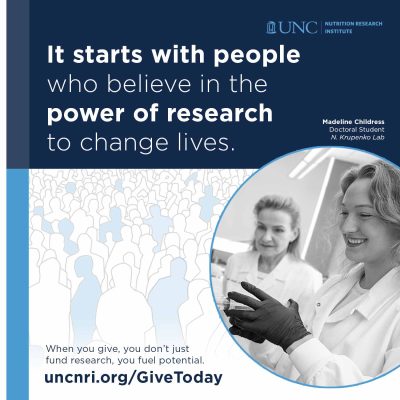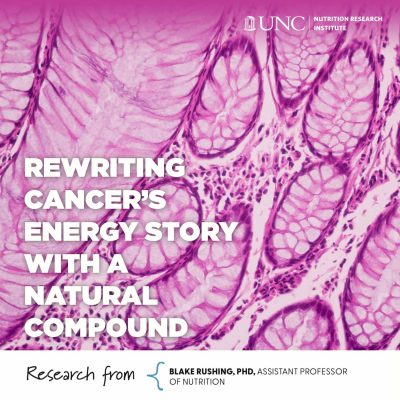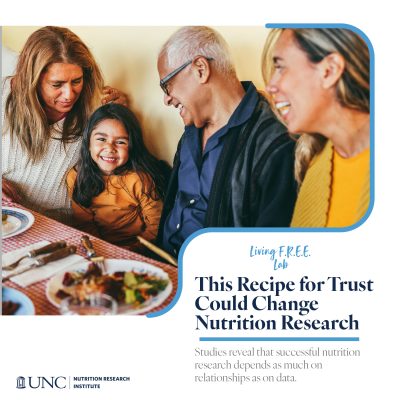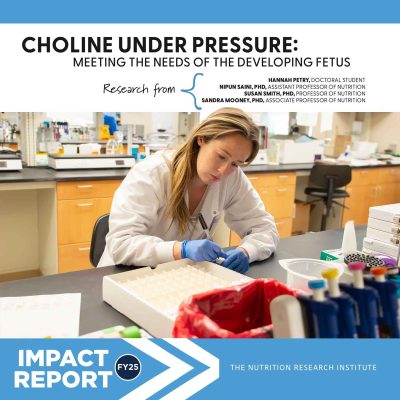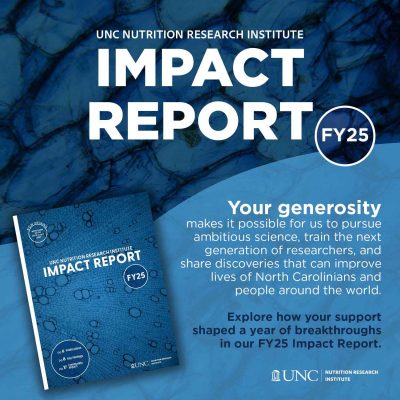Microbiome and Nutrition
The complex community of bacteria, yeasts and viruses living in our intestines, collectively known as the gut microbiome, is shaped, in part, by what we eat. Genetics, environment, and other factors also influence an individual’s microbial community. Research at the NRI investigates these complex relationships and their impact on disease risk. We use animal models and bioinformatics to study the associations between nutritional metabolites, gut microbiome, and health. What happens in the gut doesn’t stay in the gut. Your microbiome can play a role in cardiovascular disease, obesity and diabetes, and even cancer. Our team envisions a future where analysis of your microbiome can determine disease risk, and medical foods can be prescribed to treat and prevent disease by regulating the microbiome.
Publications
Microbiome and Nutrition Publications
2020
Population studies of TMAO and its precursors may help elucidate mechanisms. Meyer K
2019
Association of dietary patterns with the gut microbiota in older, community-dwelling men. Meyer K
2018
Meta-analysis of human genome-microbiome association studies: the MiBioGen consortium initiative. Meyer K
Human microbiota, blood group antigens, and disease. Sumner S
2017
Trimethylamine N-Oxide, the Microbiome, and Heart and Kidney Disease. Zeisel S
2016
Diet and Gut Microbial Function in Metabolic and Cardiovascular Disease Risk. Meyer K
Antibiotic-mediated gut microbiome perturbation accelerates development of type 1 diabetes in mice. Sumner S
Related News
See what you make possible
When researchers move beyond a one-size-fits-all approach and engage families as true partners, they can design interventions that reflect real experiences and lead to meaningful, lasting change.
Rewriting Cancer’s Energy Story with a Natural Compound
Our findings show a completely novel function of resveratrol that help us understand how it may target cancer cells by altering how they generate energy. By uncovering these shifts in fat metabolism we’re identifying new ways to think about nutrition’s role in cancer research.
This Recipe for Trust Could Change Nutrition Research
When researchers move beyond a one-size-fits-all approach and engage families as true partners, they can design interventions that reflect real experiences and lead to meaningful, lasting change.
Choline Under Pressure: A New Finding
By understanding that alcohol changes how choline is used, we can focus on making sure mothers get enough of this essential nutrient to support their baby’s brain and body development. It’s a step toward giving more children the healthiest possible start in life.
NGx: Precision Nutrition in Physical Exercise
Thank you for signing up to receive an email notification when registration opens for NGx: Precision Nutrition in Physical Exercise.


